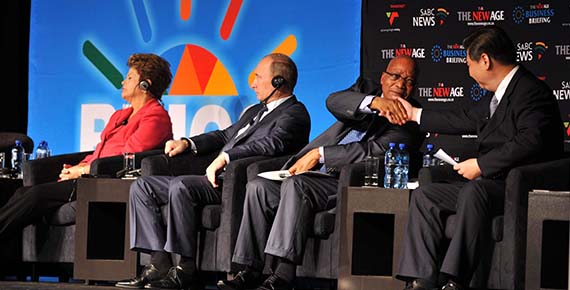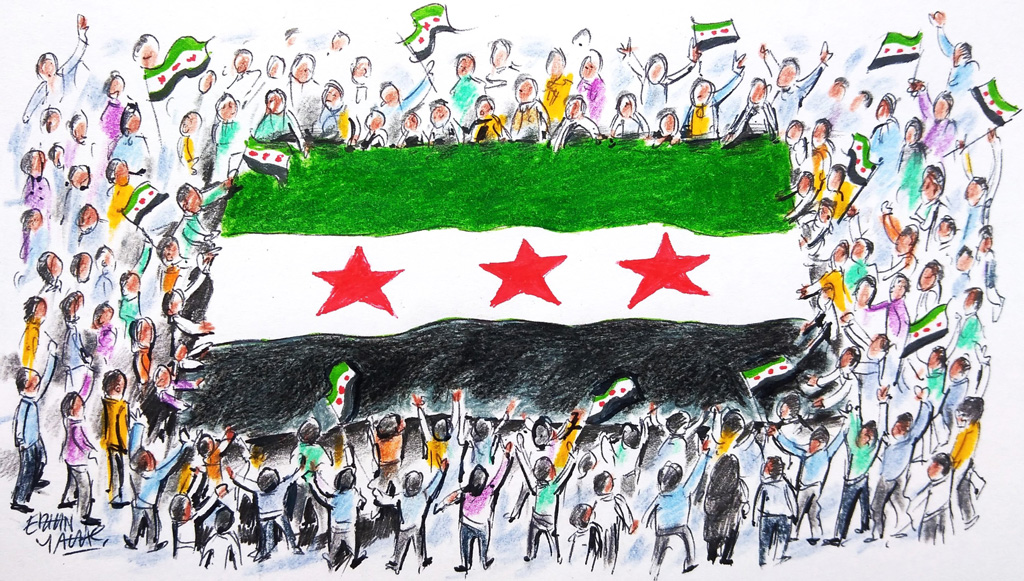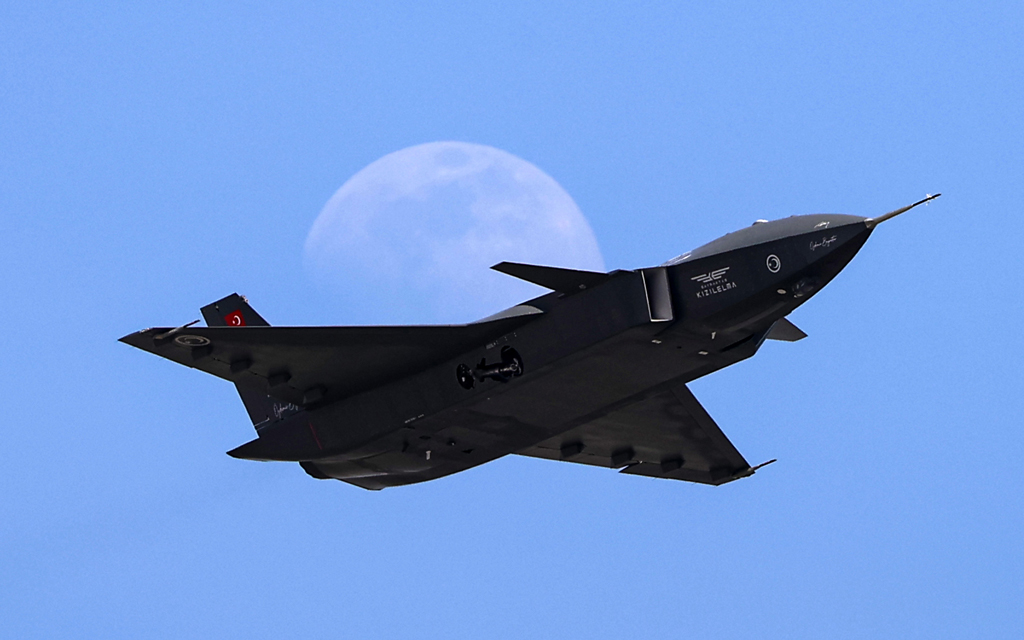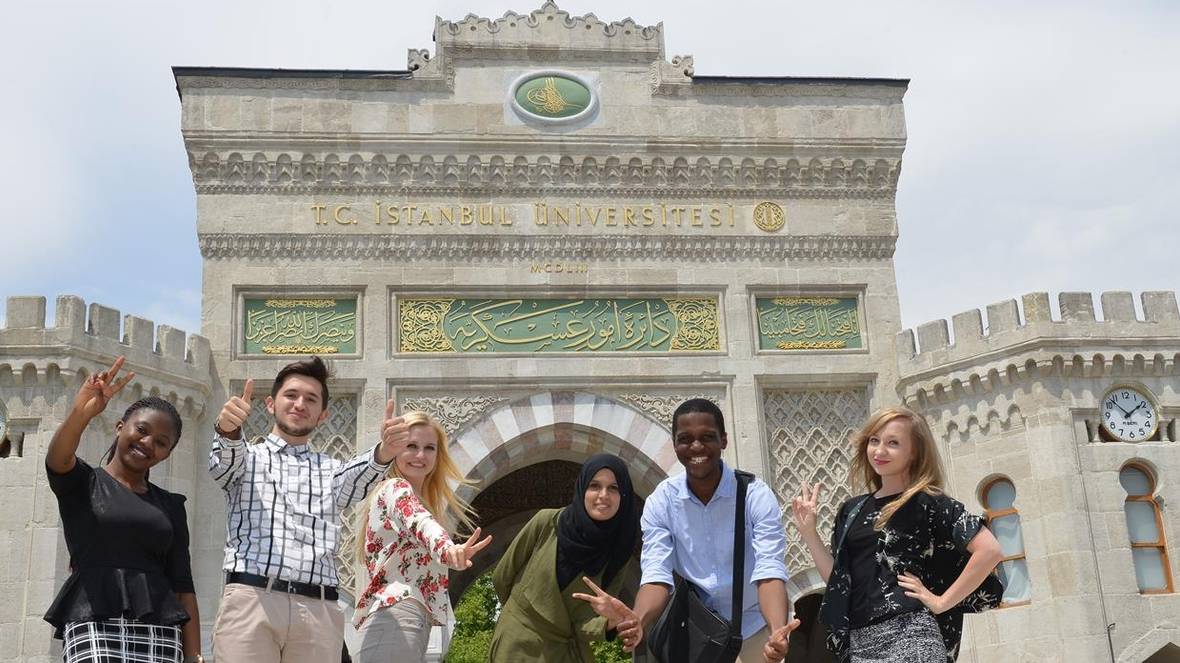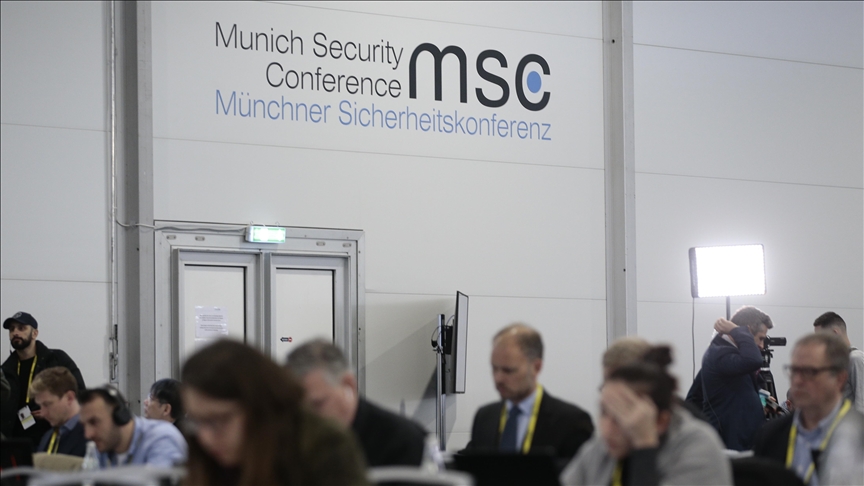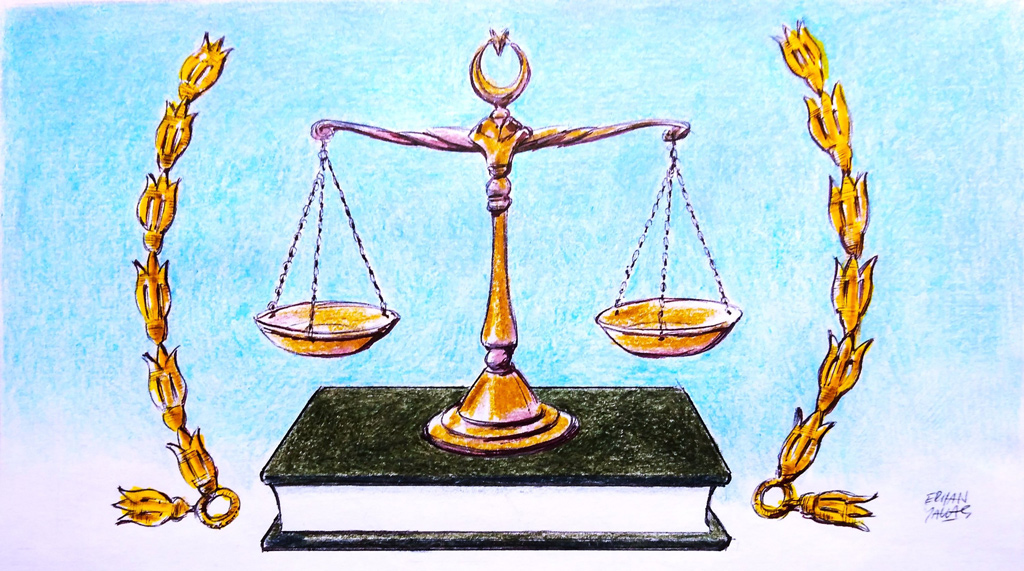The Brics countries completed their fifth annual meeting in Durban, South Africa, on 27 March 2013. The debate on the role and influence of the Brics in global politics are increasing every day. However, what is lacking in this debate is that the focus is always on economic level. That is why the Brics countries, despite having an immense economic back-up, could not make their presence felt in political arena. It is likely to stay same for quite sometime. Why they have been less influence than the noise they create requiere a deeper analysis.
First, all of them have immense domestic issues, ranging from huge unemployment to inefficient bureaucracy. This leads an upper level political interest in the Brics and the discoursebut it does not really get support of lower leves, if they do not get a visible and concrete outcome.
Second, most of the Brics countries do not have moral authority which usually comes from a value-based apprach. Russia and China have autocratic regimes, albeit in different forms; India has an inefficient Congress Party, while Brazil and South Africa are too busy with their domestic political issues especially since Mbeki and Lula left the office.
If one departs from the point that it does not matter who rules the world rather what is matter is that whose ideas rule it, the influence of the Brics countries are no more than slim, especially in the political and ideational realms.
Usually, there are three dimensions of statecraft that define foreign policy influence in an effective way in international relations: ideas and political vision; political capacity;and institutional capacity. The Brics has the economic capacity as individual states but they do not have an institutional capacity in terms translating the individual state capacity into formal structure in global arena. On many issues, except economy, they think differently, perhaps economy is the only common point among them. This is another weakest sides of the Brics.
With regard to ideas and political vision, even after having just completed its fifth annual meeting, there is neither any idea nor any clue about their real intention and contributionto the world politics. They have no intention to challenge the exisiting international system, nor seems to be interested in establishing a new one. To put bluntly, they are the free-riders of the exisiting global economic system, without taking any risks.
International relations are shaped not just by the power states have but the ideas the states hold about how that power should be used. This is much more valid today than anytime in the history of global politics, because the west is declining in terms of creativity and imagination in challenging the persisting problems, the rest is only rising in economic terms. Unless, the Brics face this daunting challenge, it is higly likely that they will leave an imprint on political issues.
If nobody literaly is interested what the Brics are thinking about the future of Syria, Afghanistan, Iraq, Mali or any other crises which requieres a political solution; the Brics countries should re-think about themselves. Influence has always double side, while others are interested in listening, the power center must show interest in a constructive way.
Looked from this perspective, there is not a single real challenge from the Brics to any existing international structure today. Although it is too early to dismiss the Brics as yet another talk shop or to regard it as an influential pole; it is not too late for the Brics countries to re-think their agendas.
[World Bulletin, 2 July, 2013]

